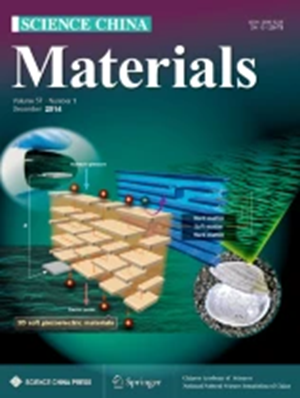Achievements, challenges and opportunities in hydrogen production from water/seawater splitting using boron-based materials
Abstract
Water splitting is recognized as an environmentally friendly and feasible method to produce hydrogen. However, the high cost, low storage capacity, and poor stability of traditional noble metal-based electrocatalysts have severely limited the industrial application of electrocatalytic water splitting. The utilization of seawater splitting not only facilitates the production of high-purity hydrogen on a large scale but also concurrently promotes the desalination process. Over the past decades, transition metal borides (TMBs) have been widely used in the field of water splitting due to the advantages of simple preparation process, good stability, and easily adjustable composition. This review summarizes the recent progress of TMBs in the electrolysis of water and sea-water. Firstly, the influencing factors of electrocatalytic performance and related evaluations are introduced. The basic principles of hydrogen evolution reaction, oxygen evolution reaction, and chlorine evolution reaction in seawater electrolysis are discussed in detail, pointing out the various problems caused by chloride ions (Cl−) in the process of hydrogen production from seawater splitting. In addition, the preparation and optimization strategies of TMBs are emphasized. Finally, the development, challenges, and prospects of electrolytic seawater hydrogen production technology are presented. This review aims to furnish deeper insights into enhancing the electrocatalytic performance of TMBs in this critical area of research.

 求助内容:
求助内容: 应助结果提醒方式:
应助结果提醒方式:


